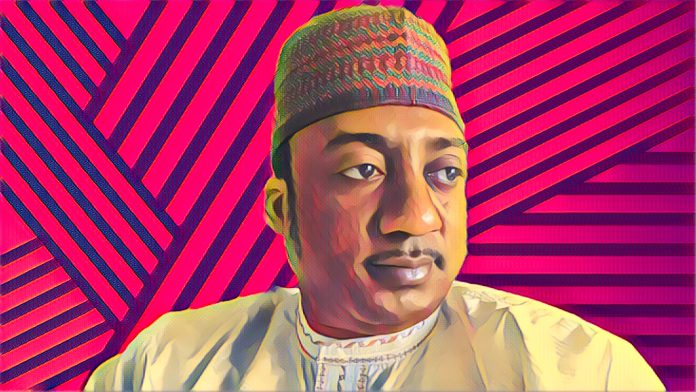In a recent interview, Mr. Kelmi Lazarus, Chairman of the Social Democratic Party (SDP) in Gombe State, weighed in on the political tensions rattling Kano State. He expressed confidence in the judiciary as the ultimate refuge for the common person but acknowledged that perceptions of justice can vary, often inciting discontent among certain groups.
According to a report by Vanguard, Lazarus highlighted the rising animosity between Kano State Governor Abba Kabir Yusuf and his one-time mentor, NNPP presidential flag-bearer Eng Rabiu Kwankwaiyo.
“This court verdict has escalated hostilities between two figures who were once on the same side,” Lazarus stated. “Kwankwaiyo is likely to mount a counter-offensive against those he views as culprits in Governor Yusuf’s legal setbacks, further polarizing the political climate in Kano.”
Lazarus pointed out that Governor Yusuf’s drastic policy changes, like tearing down public buildings that didn’t fit the Kano master plan, have stirred significant public discontent. “The judgment has shocked the NNPP while APC leaders are celebrating,” Lazarus said.
The SDP Chairman called on political leaders to show restraint. “Conflicts between major political players harm the community. We’re asking for a ceasefire to bring peace back into the picture,” he urged. He also cautioned that this legal ruling could have ripple effects across Nigeria, especially in states where the outcomes of gubernatorial elections are currently in court.
Lazarus clarified that the SDP in Gombe is neutral regarding issues affecting other states and political parties. “Our focus is on fostering a consensus and nurturing a harmonious political culture across the nation,” he elaborated. “Parties who feel wronged should seek legal redress but avoid actions that might breach law and order.”
In his concluding remarks, Lazarus cautioned politicians on both sides to act responsibly. “A winning candidate should govern without arrogance or impunity. I urge the people of Kano not to resort to civil unrest and for politicians to navigate cautiously in these treacherous waters,” he advised.
He further emphasized that politicians should be mindful of the vulnerability that comes with their positions, urging them to remember that “those who live in glass houses shouldn’t throw stones.”
This nuanced take from a neighboring state’s political leader provides a fresh perspective on a topic that has seen heated debates and could influence broader discussions about Nigeria’s political future.



